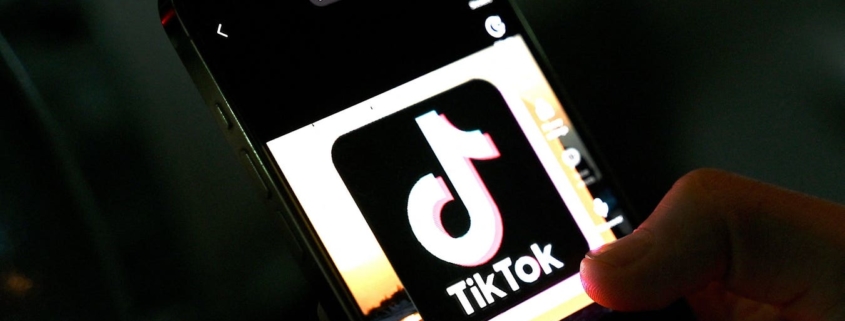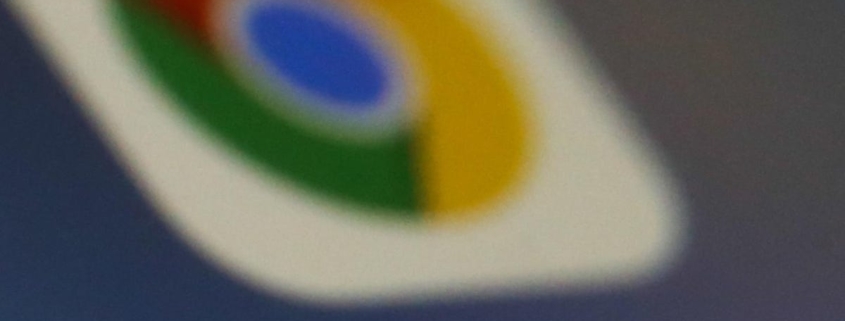TikTok Shock As Viral Video Hack Freezes Screens—2 Ways To Fix It
A viral craze is upsetting TikTok users as screens freeze
TikTok users are discovering a new and unwanted type of viral video craze over the Easter weekend: a hack that prevents them from scrolling backward or forwards, effectively freezing the app. Here’s what’s happening and how to fix it.
TikTok In The News, Again
TikTok has been in the news recently thanks to the proposed ban using the app for U.S. users unless owners ByteDance divest the U.S. operation. The highest earning app in the world, TikTok’s February revenue was $189 million. With an estimated 1.7 billion users in 2023, it is also one of the most popular largely thanks to the viral videos and crazes it has seen posted over the years.
But there is one viral trend on TikTok that certainly is not very popular among its users. The videos that are part of this craze appear to freeze the ability to scroll the screen in any direction, leaving users with no other option than to restart the app. However, it’s important to note that appearances can be deceiving, and not everything is as it seems at first glance.
The TikTok Screen Freeze Hack
Users have been taking to the internet in droves (1, 2, 3) to complain that posts are appearing that lock their TikTok app down, preventing them from scrolling to the previous or next video. Many seem to think that the videos and images in question somehow freeze the app entirely, in effect bricking it for that session, or are even somehow breaking their phones. The truth, as always, is a lot less exciting albeit nonetheless annoying.
The videos, or rather images that look like videos, all contain some glib comment along the lines of “Sorry, I have to stop you from scrolling,” and, at first and second glance, this does appear to be the case.
If you try to swipe up or down, nothing happens; you’ll likely just get your attention drawn to the “I’ve stopped you scrolling” nonsense instead. What appears to be happening is that people have worked out that if you post an image and tag it with an unfeasibly large number of people,…



